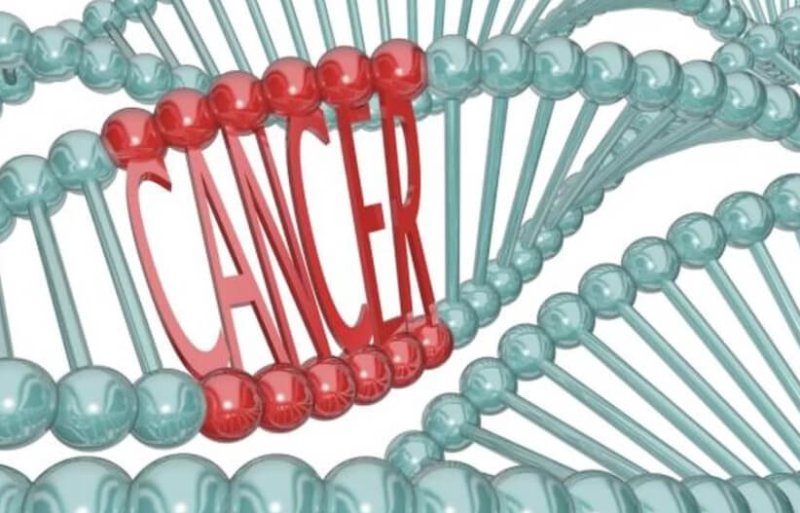Compared to chimpanzees, our closest evolutionary cousins, humans are particularly prone to developing advanced carcinomas — the type of tumors that include prostate, breast, lung and colorectal cancers — even in the absence of known risk factors, such as genetic predisposition or tobacco use.
A recent study led by researchers at University of California San Diego School of Medicine and Moores Cancer Center helps explain why. The study, published December 9, 2020 in FASEB BioAdvances, suggests that an evolutionary genetic mutation unique to humans may be at least partly to blame.
“At some point during human evolution, the SIGLEC12 gene — and more specifically, the Siglec-12 protein it produces as part of the immune system — suffered a mutation that eliminated its ability to distinguish between ‘self’ and invading microbes, so the body needed to get rid of it,” said senior author Ajit Varki.
Looking at a different population of patients with advanced stage colorectal cancer, the researchers found that more than 80 percent had the functional form of the SIGLEC-12 gene, and those patients had a worse outcome than the minority of patients without it.
“These results suggest that the minority of individuals who can still make the protein are at much greater risk of having an advanced cancer,” Nissi Varki said.































